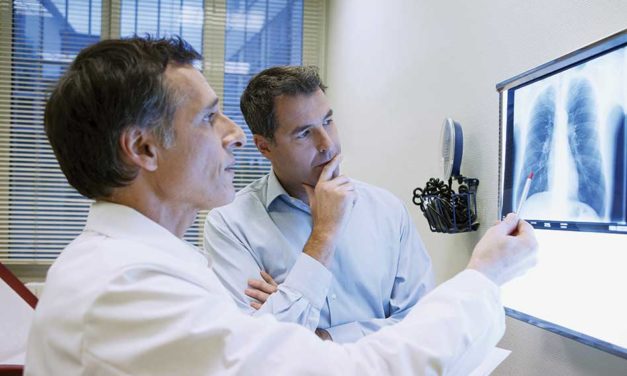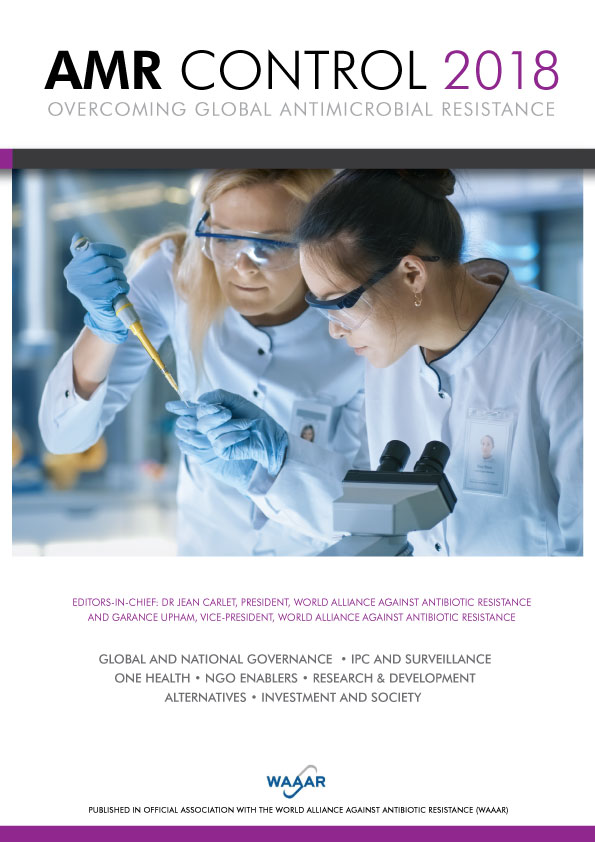Making cancer control part of the national health agenda: The World Health Organization’s country cooperation strategy and comprehensive cancer control planning
This article provides an overview of the principles behind the World Health Organization’s guidance for national cancer control planning. It also describes the WHO Country Cooperation Strategy (CCS) which enables national governments to integrate cancer programmes into the broader national health agenda and to collaborate with a wide variety of international partners.
Read More









